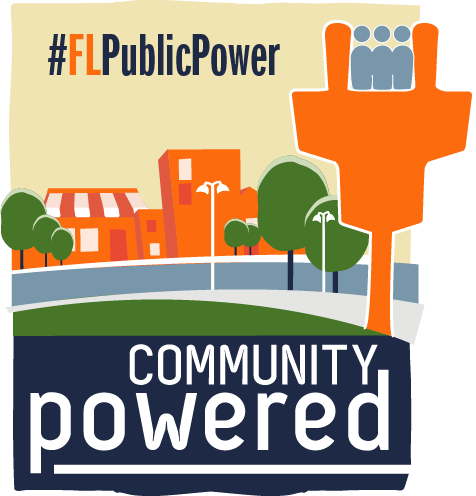FPL Irma Dispute Goes to Supreme Court
 Article reposted with permission from The News Service of Florida.
Article reposted with permission from The News Service of Florida.
Attorneys for Florida Power & Light customers Friday went to the state Supreme Court in a long-running lawsuit that alleges the utility did not meet obligations to help prevent power outages during 2017’s Hurricane Irma.
The attorneys filed a notice of taking the case to the Supreme Court after a panel of the 3rd District Court of Appeal in August refused to reconsider a decision that backed FPL’s arguments that the state Public Service Commission has authority to determine whether the utility met its obligations during the storm.
The decision backing FPL, issued May 22, reversed rulings that said customers could pursue a class-action lawsuit against the utility. It sent the case back to Miami-Dade County circuit court and ordered a judge to stay the lawsuit while “threshold issues” are resolved.
Friday’s notice, as is common, did not detail arguments the plaintiffs’ attorneys will make at the Supreme Court.
Another panel of the appeals court in March 2023 upheld a circuit judge’s certification of a class action. But a little more than a month later, the Legislature passed a measure that gave the Public Service Commission authority to resolve issues about disaster preparedness and response.
After Gov. Ron DeSantis signed the law, FPL renewed efforts at the Miami-based appeals court to block the class action. The panel’s May 22 ruling did not end the lawsuit but would lead to the issues going to the Public Service Commission.
“The … dispute centers around service interruptions suffered by consumers in the wake of a natural disaster,” the May decision, written by Judge Bronwyn Miller and joined by Judges Norma Lindsey and Alexander Bokor, said. “Accordingly, the PSC (Public Service Commission) has the exclusive jurisdiction to determine preliminary liability relating to the sufficiency of FPL’s disaster preparedness.”
In a June 6 motion seeking reconsideration by the appeals court, the plaintiffs’ attorneys raised a series of arguments. As an example, the motion said the panel interpreted the 2023 law “as an unprecedented expansion (of) the PSC’s jurisdiction, and tacitly holds that the Legislature — without an express statement of its intent to do so — abrogated long-standing Supreme Court precedent … on the limited scope of PSC jurisdiction.”
“The panel’s opinion has statewide implications and risks impacting every consumer of public utility services in Florida,” the motion said. “And any person who suffers damages as a result of a public utility’s negligent failures may be denied his or her fundamental right of access to the courts to redress his or her injuries to the extent the acts or omissions in question relate to ‘the sufficiency of a public utility’s disaster preparedness and response’ — an undeniably broad category of any public utility’s obligations in this state.”
Also, the motion contended that the 2023 law could not be applied retroactively to the lawsuit, which was filed in 2017.
But in a June 21 brief, FPL’s attorneys said the panel ruled correctly and that such issues should go before the Public Service Commission.
“There is nothing unreasonable, let alone absurd, about assigning jurisdiction over complex regulatory questions to the PSC,” the brief said.
 Enter your email address in the
Enter your email address in the 